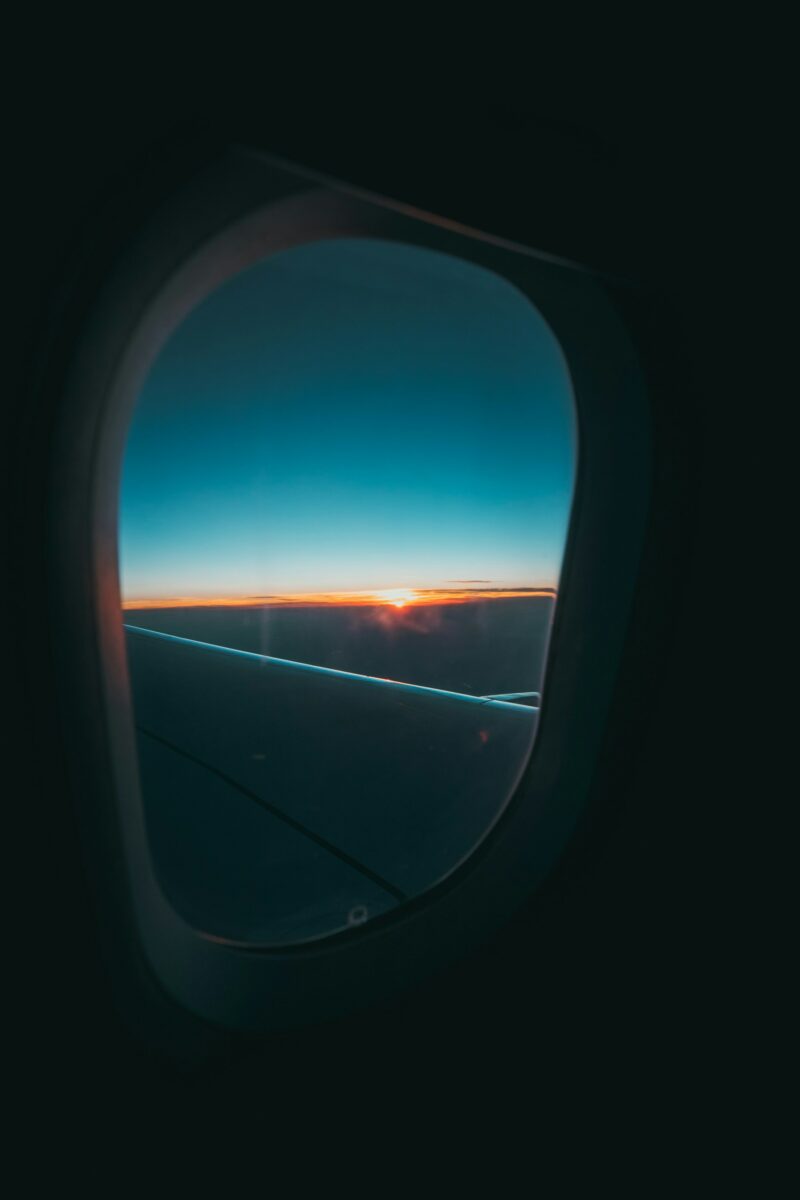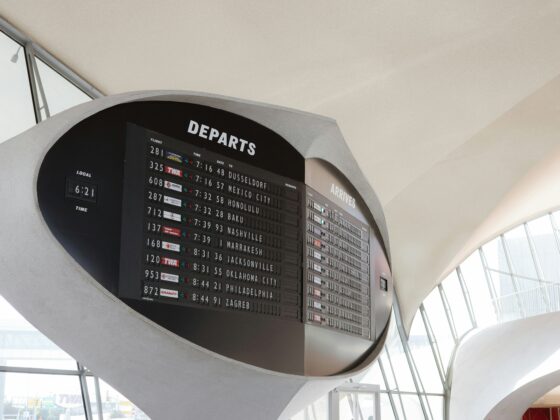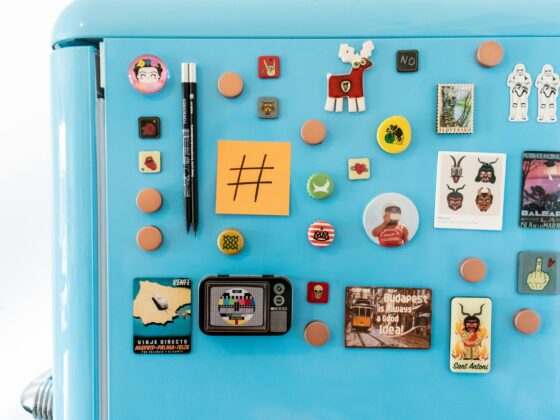ChatGPT’s travel push hands more power to OTAs and tightens the economic screws on hotels as the next wave of distribution takes shape
Nov 24, 2025
Key takeaways
- OTAs gain leverage: With Booking.com and Expedia as ChatGPT’s launch partners, hotel visibility flows almost entirely through intermediaries.
- Hotels can’t connect directly (yet): AI-driven query loads and fragmented room data make direct integrations unrealistic for most hotel systems.
- Distribution economics shift: Rising acquisition costs and future AI platform monetisation could add new layers of expense for hotels.
- AI discovery accelerates faster than booking: Hotels have a short window to modernise data and strategy before conversational platforms solidify as gatekeepers.
A new distribution funnel — and hotels aren’t part of it
ChatGPT’s integration of Booking.com and Expedia marks a defining moment for travel search. The interface may feel fresh and conversational, but the underlying power structure is anything but: hotels appear only through OTAs, not directly. As AI becomes a habitual starting point for planning trips, the funnel quietly reshapes itself.
The journey increasingly looks like: User → ChatGPT → OTA → Hotel.
This is more than a UX shift — it’s a redistribution of influence. If travelers default to AI assistants for discovery, hotels aren’t just behind OTAs in the booking journey; they’re invisible until an intermediary decides to surface them. Hotels lose visibility, differentiation, and control just as a new discovery layer is being built.
Why hotels aren’t integrated — and why the gap won’t close overnight
Hotel brands weren’t excluded from ChatGPT’s launch for lack of ambition. They were excluded because their systems can’t support the demands of agentic AI. Conversational travel planning produces massive volumes of iterative queries: refine by neighbourhood, by budget, by amenities, by vibe. Each prompt hits inventory in ways hotel CRS systems aren’t designed for.
Three barriers stand out:
- High-frequency speculative queries overwhelm hotel infrastructure.
- Room attributes aren’t standardised, making them hard for AI to interpret.
- Slow response times break the conversational flow users expect.
OTAs, meanwhile, operate data pipelines built for volume: caching, normalisation, and fast response layers that make them the only viable source of structured supply at scale. Until hotels upgrade the foundations of their inventory architecture, they simply cannot plug into AI platforms directly.
Rising acquisition costs meet a new platform layer
The economic backdrop isn’t friendly. Customer acquisition costs across travel have climbed by more than 30% in recent years, driven by rising competition in paid media and stagnating lifetime value. Direct booking campaigns are more expensive, and commission exposure remains high.
Now add AI.
ChatGPT isn’t monetised as a travel channel yet, but it’s only a matter of time. Whether through premium placement, partner tiers, or usage-based fees introduced via OTAs, AI-driven distribution will bring new forms of cost. And OTAs rarely absorb those costs — they pass them along. Hotels may soon face a distribution layer that is more expensive, not less, because every AI-generated intent funnels through an intermediary with its own margin structure.
AI simplifies the traveller’s journey, but not necessarily the supplier’s economics.
Discovery moves fast — booking will catch up
AI-powered trip planning is soaring across markets and demographics. Consumers love asking ChatGPT where to go, when to travel, and which hotels fit their style. But booking through AI tools is still early. Trust, payments, and regulation all slow down conversion. That lag gives hotels a rare opening.
Now is the time to:
- standardise room attributes and make them machine-readable,
- improve content quality and inventory structure,
- reinforce direct booking ecosystems,
- and reassess reliance on OTA channels before AI solidifies them as the default gateway.
Once conversational platforms become entrenched in travel discovery, hotels that haven’t modernised may find themselves paying more to be seen — and even more to be booked.









